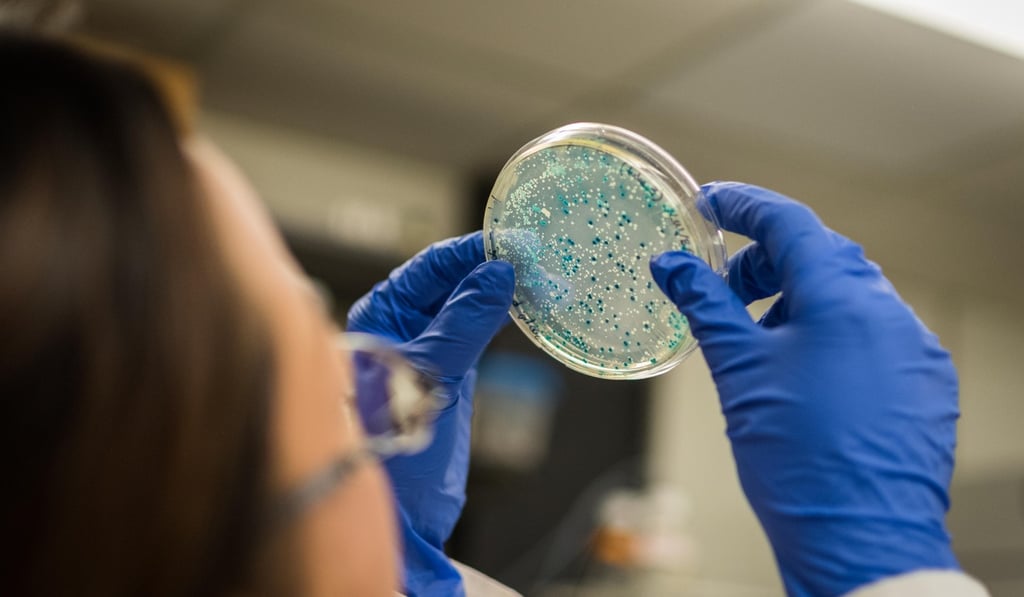How diet affects brain health and mood, and what to eat to reduce stress and feel good
- Poor diet can damage the brain and impact our mental health, while good dietary habits protect it. A Mediterranean-like diet lowers the risk of depression
- Gut bacteria break down what we eat, creating molecules that communicate with brain neurons, and can produce antioxidants that head off anxiety and Parkinson’s

In 1829, epicure Jean Anthelme Brillat-Savarin wrote: “Tell me what you eat and I will tell you what you are.” Philosopher Ludwig Andreas Feuerbach echoed the sentiment: “Man is what he eats.” And in 1942, nutritionist Victor Lindlahr published the influential book You Are What You Eat: How To Win and Keep Health With Diet.
In the 21st century, this understanding underpins an entire industry that claims you can eat your way to health. Now a whole new movement is claiming you can eat your way to happiness – and not in the fleeting, temporary way associated with enjoying a slice of chocolate cake.
“Lifestyle interventions are not simply effective – they can be as, sometimes more, effective as drugs in protecting us from depression,” claims Shawn Talbott, a Fellow of the American College of Nutrition and the American Institute of Stress who has written a dozen books on mood state. Talbott advises that people who experience high stress can adopt strategies to manage it. And while he acknowledges that stress and depression are different, he says they are often closely related.
“Chronic stress is frequently a predisposing factor for depression. In fact, many of the ‘anti-stress’ interventions that are effective in reducing cortisol [a stress hormone] exposure will also alleviate depression – eating right, exercising, getting adequate sleep,” he says.

One of the reasons lifestyle interventions are beneficial for sufferers of depression, Talbott says, is because of the multifactorial nature of the illness. He points to research that suggests depression can stem from imbalances, whether this is from a lack of the “happy chemical” serotonin, too much inflammation, a “leaky gut” in which in which bacteria and toxins are able to “leak” through the intestinal wall, or when there are more “bad” bacteria than “good bacteria”.